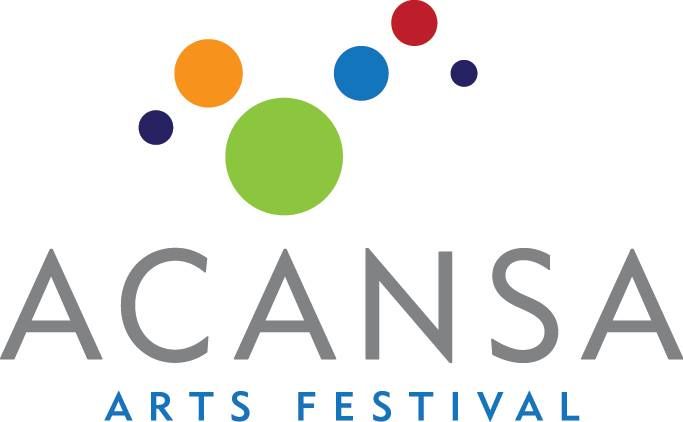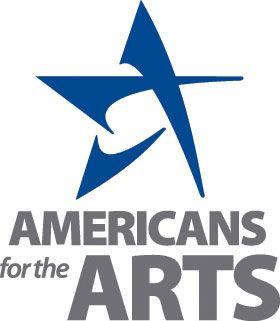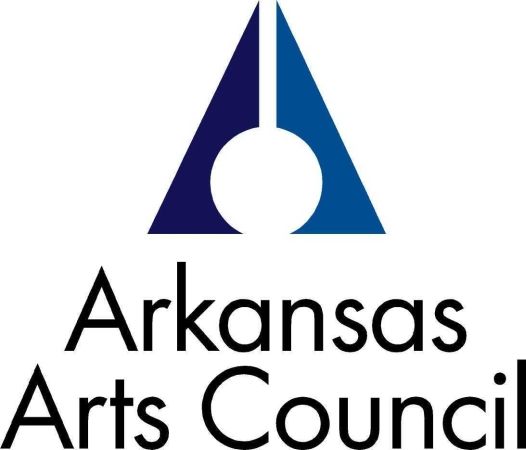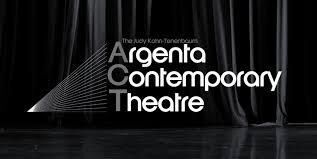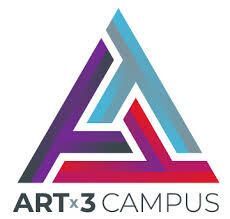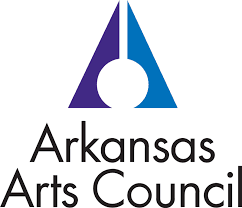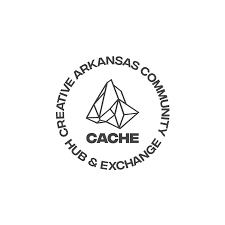Art and Technology in Education
Lenore Shoults, Ph.D., Arkansans for the Arts Creative Economy Sub Committee Chair
The Art & Technology Boot Camps will bring together the people and organizations working in the disciplines of art and technology. One goal is to learn what assets are on the ground in each of Arkansas’ eight Arts Districts and explore how to incorporate art and technology to grow and retain the state workforce while enhancing the quality-of-life that attracts people to Arkansas.
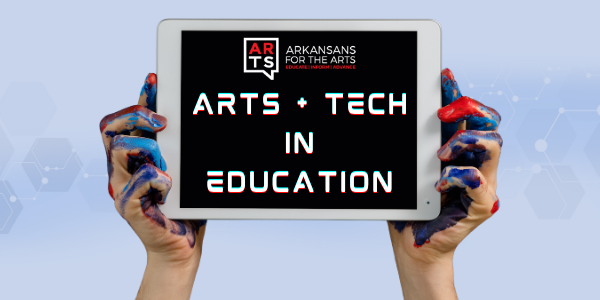
Another goal is to use the arts to ignite creative thinking and problem solving. Art and technology use intertwined skills: patience, practice, and learning how to fail and try again. Taking something from the imagination to reality is foundational in art and technology—and a skill that can be cultivated for growing the creative economy.
Growing tomorrow’s workforce begins with education. Governor Hutchinson saw the need to build computer science skills and his coding initiative is now a national model. Computer science and the arts are generally separate silos that can be cross-pollinated to grow tomorrow’s creative economy. Both art and technology already utilize a sprinkling of each other’s skills and these seeds can be deliberately grown.
Traditional art classes teach drawing and painting. The iPad is commonly used in the classroom and free, or low cost, software introduces digital drawing and painting. While using art and technology students learn three languages: traditional art, digital art, and computer science. Going one step further, students can add text to drawings to create books, comic books, or animation storyboards thereby incorporating language arts. In no way does the addition of technology diminish the importance of pencil and paint—they are elemental—but the expanded skill set does resonate with youngsters and will become a second language necessary for the workforce of tomorrow.
Growing music in both the traditional and digital realms will, as in visual art, build computer science skills. Singing and learning an instrument are favorite group activities for youngsters but, during the pandemic, in-person classes were not possible for some students. Online music education made possible the continuation of this important facet of learning. Digital music programs include drag-and-drop elements that allow youngsters to experience basic compositions that can be kept and played-back. The delight as they listen to and, inevitably, dance to their music brings a smile to the observer.

Public education is a starting place for incorporating art and technology but other venues exist as well. Museums have long served as destinations for field trips, summer camps, and now, online education. Recreation departments often include crafts which develop the skills of patience and perseverance. Maker Fairs and Special Events at Innovation Hubs are often free of low cost and are designed to spark interest in art and technology as well as introducing entrepreneurship.
Retaining talent in Arkansas begins with post-high school education. Whether college or trade school, students with greater technical familiarity will be better prepared for success while in school and upon entering the workforce. Arts experience is now sought after as employers seek the creative thinking that has often been drummed out of the workforce in the last decades of teach-for-the-test.
To retain the creative talent necessary to expand Arkansas’ creative economy we need to provide paid opportunities or we will lose graduates to another state. Paid internships during summers and after graduation will give students both job experience and a paycheck. If internships are not paid, only wealthier students can participate as most students must find summer employment. The financial reality of student loans, rent, car payments and the myriad expenses of life means that young people must obtain a job ASAP. Internships are also beneficial for employers as they can ascertain candidate’s skills and whether or not the intern makes a good fit in their company.
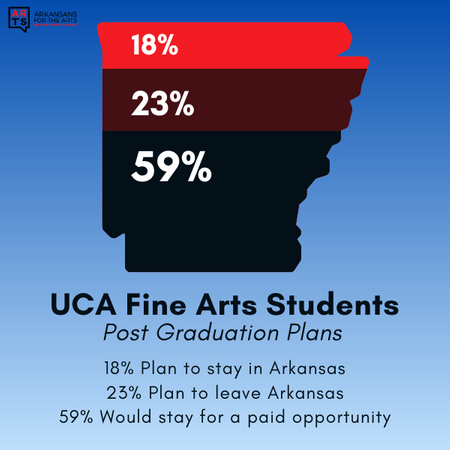
Source: Informal survey conducted by UCA Students for the Arts,University of Central Arkansas, March 3, 2020.
An entrepreneurial mindset from an early age will launch small businesses and both art and technology attract this independent mindset. Often not seeking the standard 9-to-5 workday and often desirous of working outside the traditional office, these folks often find their own path. Many of the largest corporations were started by people who were thinking outside of the box. We have an opportunity to grow and retain talent by leaping across art and technology silos and nurturing the future participants in Arkansas’ creative economy.
For more information please contact Erin Holliday, Executive Director of Arkansans for the Arts, Creative Economy Co-Chair Dr. Lenore Shoults, or Board Chair Sandy Martin.

